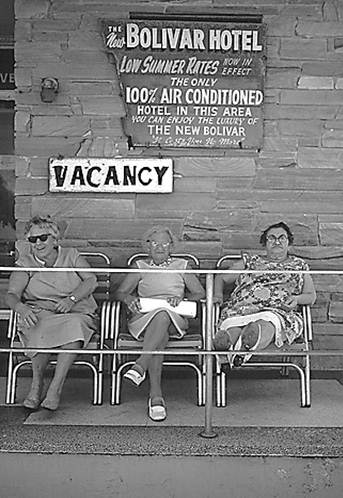 Sunday, March 4, 2012
Sunday, March 4, 2012 managing your own reputation online
Employers are increasingly turning to social media as part of the recruitment process. Whether you view this as a gross invasion of privacy or just a sign of the times, it is fast becoming the norm, so how far should you take this into consideration in your online life?
Nowadays, it isn't enough to simply be present on social media, you also need to be active, but exactly how much sharing should you do? More and more employers are looking at online profiles as part of the recruitment process, as this BBC news programme confirms, so do you play it safe and look after your reputation or throw caution to the wind and let everything 'hang out' online?
There are dangers inherent in both approaches: if everyone were to adopt a safe, corporate approach to their online interactions then social media would be a more boring place for all, and would undoubtedly lose its appeal for many; while over-sharing funny stories of your drunken antics and what you had for lunch can also be tedious for those not involved.
Social media is pervasive and hard to avoid in our society and so, despite reservations about freedom of speech, I remain convinced that it is important to curate your online presence in some way, but certainly not in a way that leaves you looking devoid of personality, interests and passion. Any profile which focuses entirely on promoting your corporate skills and competences is to be avoided, especially in the creative industries which thrive on people and ideas rather than skills and competencies alone.
Ultimately it is your choice to get involved in social media networks and you do have the freedom to decide for yourself what, how much and how frequently you share information about your life, but projecting an image you are comfortable with and understanding your audience's perceptions of that image, are good, basic PR skills too.
Remember perception is the reality.
Sarah Williams is a university lecturer in PR at Manchester Metropolitan University Business School.
Manchester Metropolitan University offers both BA (Hons) in Public Relations & Digital Communications and MSc International Public Relations.
















Reader Comments (1)
This article highlights nicely a challenge that is going to confront increasing numbers of people. It's true at the level of individuals, and their conventional employment prospects, but also of freelancers, potential business partners, individuals who become the 'persona' of their brand or organisation... and is even analogous with challenges facing brands which aren't [at least at first sight] people at all.
The answers are complex - and grow more complex with every shift in the functionality of social media platforms or, crucially, of the interconnections between them, and the existence of 'self aggregation' services which can use those connections to create joined up online presence... sometime wittingly, sometimes not.
One simple, seemingly trite, principle which might help with the complexity is to 'be yourself'. My own hope is that Social Media will usher in an era of authenticity. For one thing - being yourself is much less hard work than managing a number of [partially] false selves for different purposes; applying conscious filters and so on. In addition, the jeopardy only runs one way. If you try to curate your selves - one slip makes you look, at best, phoney and dubious. If you are authentic then, at worst, you will miss out on something that's ultimately not right for you.
This probably shades into the question of just how much real self to show... or how economical to be with the true you. In principle, the more honest you are the more you escape jobs, deals and partnerships that are not right for you, and the greater your chances are of finding a role which, because it does derive from the real you, will make you happy AND give you a chance to excell in your performance.
But there are limits to that - one is the need to put bread on the table and keep a roof over your head, and the other is the extent to which you assume the rest of the world must, and will, play fair.
I'd suggest three things that go with the principle of being authentic:
1. There's a lot of literature which suggests that authenticity itself is attractive and persuasive - in particular that the most charismatic people is society are the most authentic.
2. Being yourself puts a premium on knowing yourself. It's difficult to be authentic if you're a bit short on self-awareness. Part of the reasoning behind 1. is that authentic people are the most at ease with themselves, and the most consistent/coherent in their dealings with others. [Of course, looking at yourself through the medium of your own social media presence might actually be one way of getting a better fix on yourself - so it's a bit circular.]
3. In deciding just how open to be, a guide guide is just how open you [when you're being authentic] are offline. Your online self should, perhaps, be no more or less gregarious and extrovert than your offline self. But one rider to this is that it's dynamic. Your social media life my actually change you, over time, and do so in ways that a life-terrestrial never would!
[Thanks for sparking off a bit of Monday morning thinking. I hadn't planned on writing so much - so I think I'll now have to post this on my own blog. ;0) ]